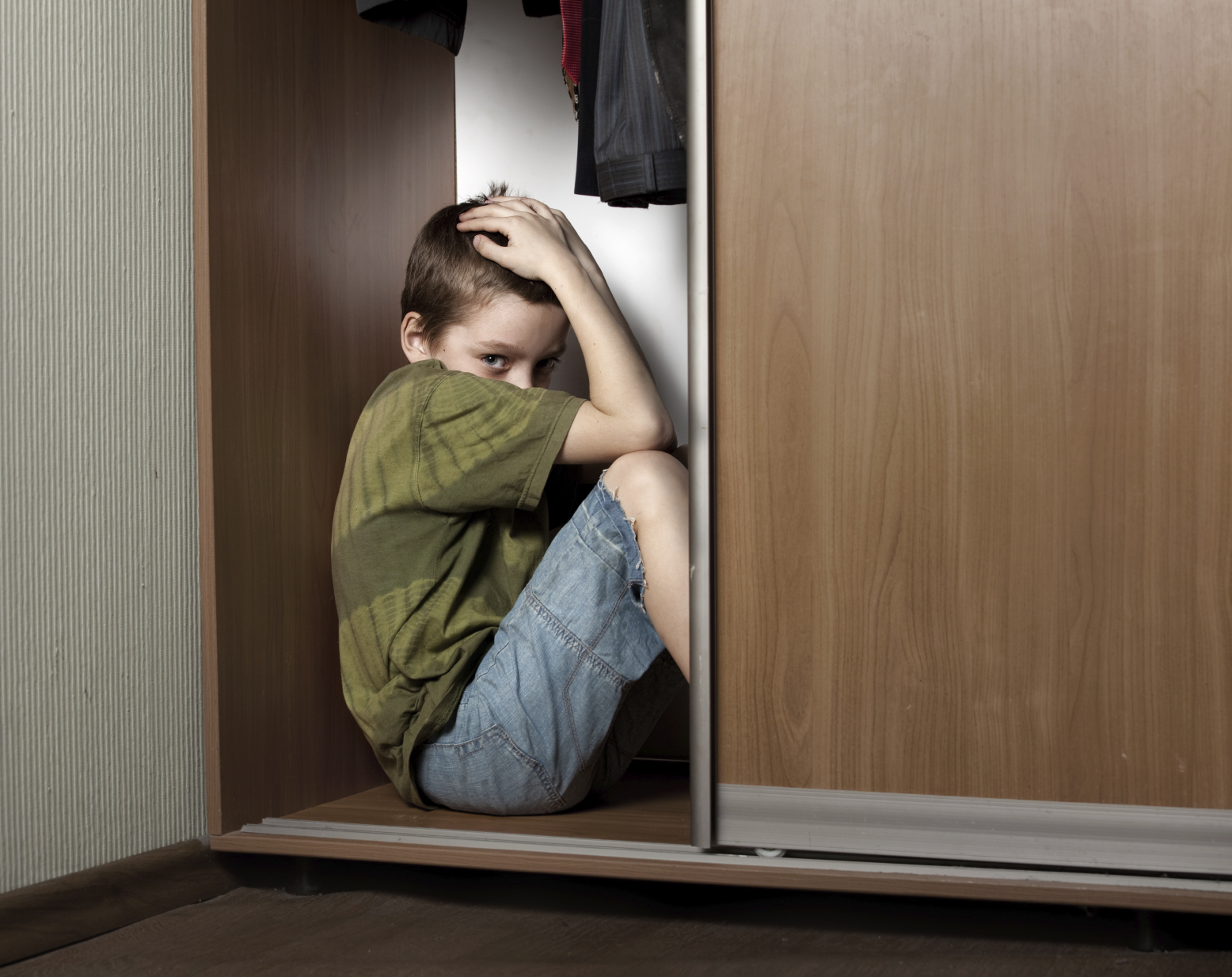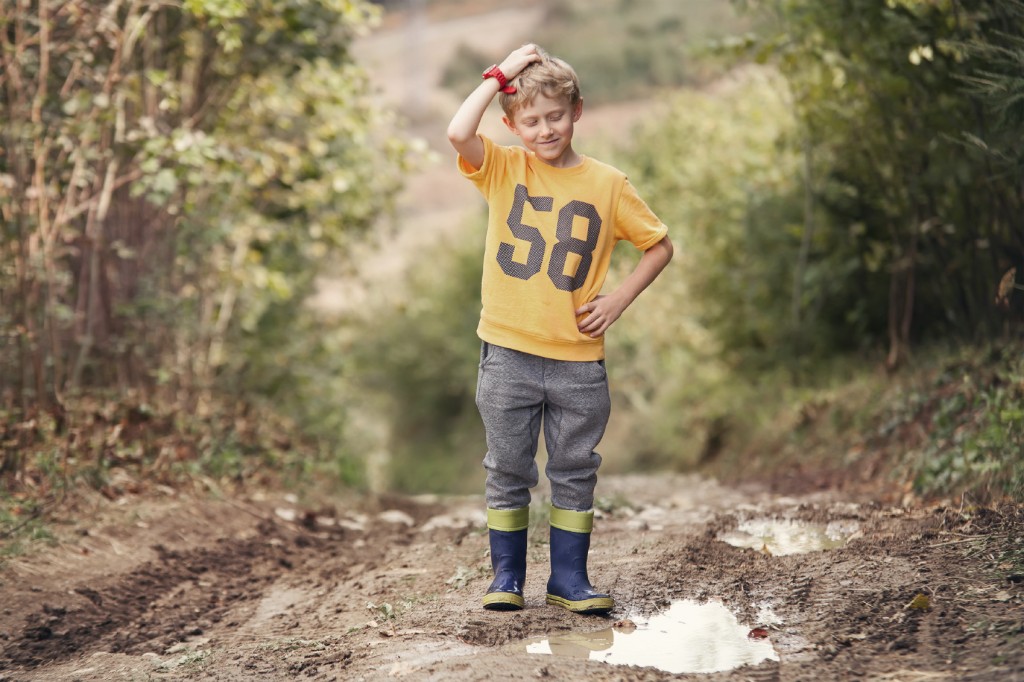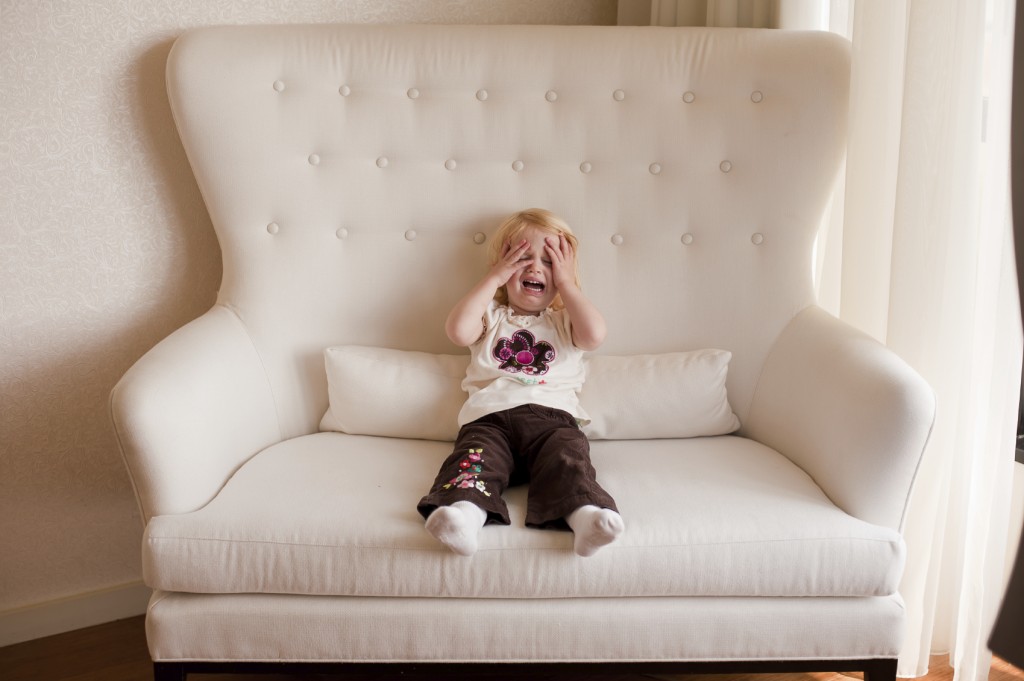According to Donna Pincus, Ph.D., a psychologist and the director of the Child and Adolescent Fear and Anxiety Treatment Program at Boston University, “About 90% of kids can identify having at least one and sometimes several different fears.”
• Those fears originate from several sources. One possibility is from an unpleasant experience in the past. The propensity to fear something can be passed on from parent to child.
• A father’s fears have more effect than a mother’s. A report published in the International Journal of Pediatric Dentistry found that a father’s fear of dental work is readily passed to the children. When DAD is afraid, kids assume there’s really something to be afraid of. Mom might just be being emotional.
• Not all fears are bad. Fear can be a good thing when it operates as a protective emotion.
• Rather than calling it “fear,” I’d would rather use the word “awareness” or “respect.” The fear of strangers is an awareness that people you don’t know might cause you harm. Living on a farm with equipment capable of causing physical harm, demanded our boys were taught to respect that equipment.
• Parents can help their kids overcome fears that aren’t warranted. One way is to be certain any misunderstanding is eliminated. Many times we fear things we don’t understand. (i.e. the fundamentals of flight)
The Take-Away?
Don’t ignore the fears expressed by your children and help them overcome any irrational apprehension. Their fears are very real to them. Listen to the concerns and respond in a calm, loving way.
One more important note: If you as the parent share the same fear (for example fear of the water) it would be a good idea for the other parent to drive the child to swimming lessons. And if you determine your fear is irrational, now is the time to begin the process of overcoming it.






















